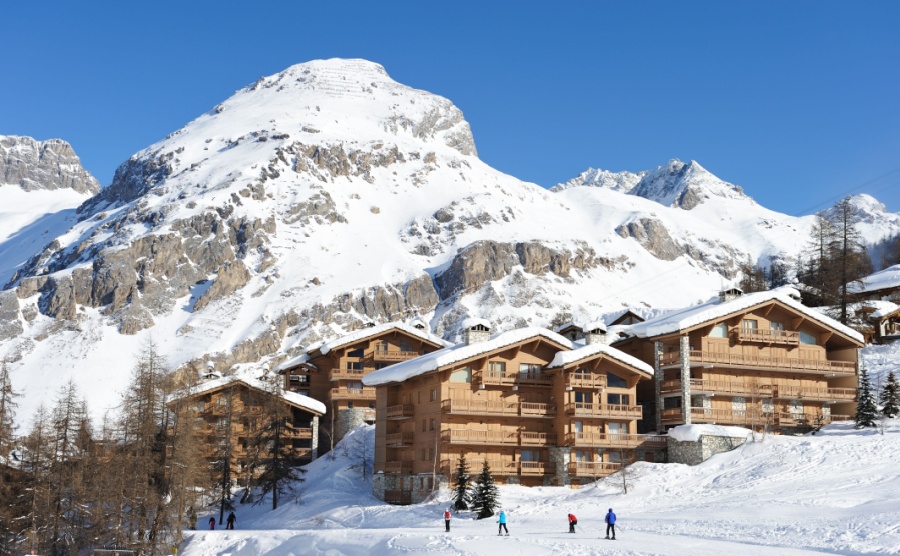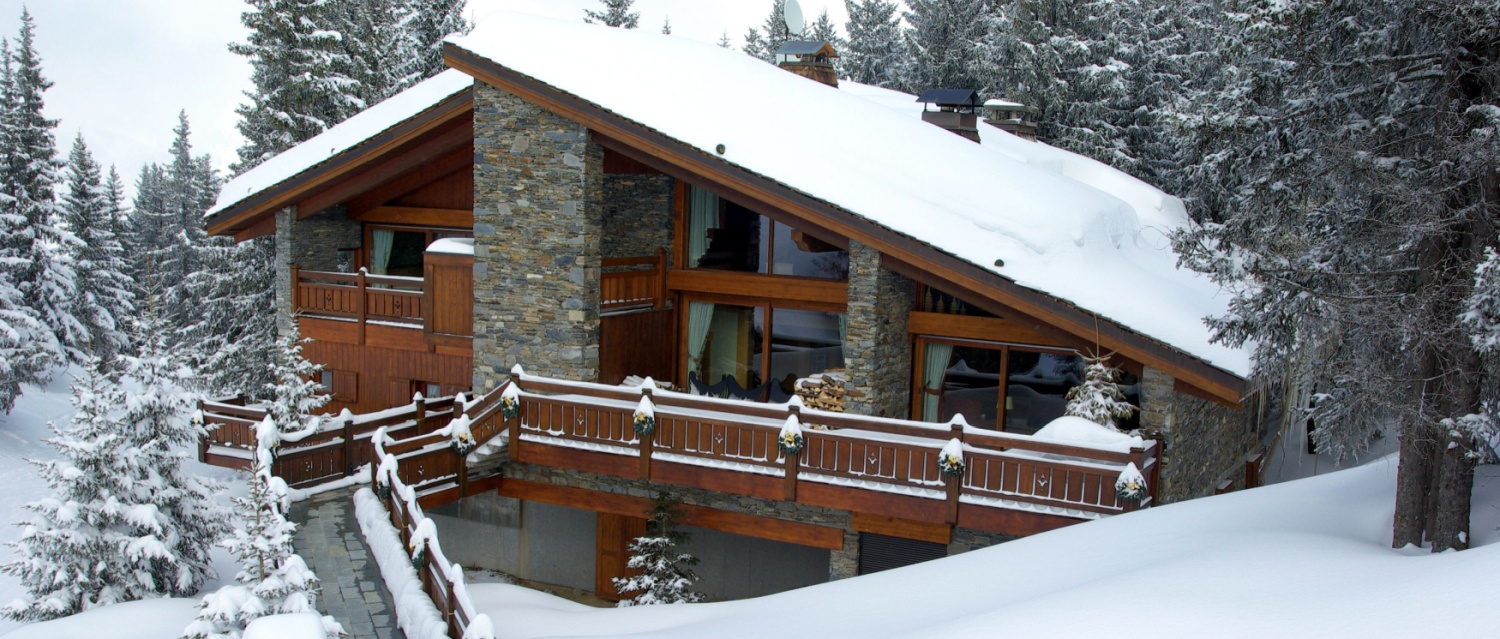A risk to turning your dream of owning a ski property in France into a reality are the hidden costs. While the process of buying a property is similar around the world, France has unique differences that you should prepare for to make your property journey smooth and free of surprises.
Without preparation, meeting a hidden cost can cause a headache when buying a ski property in France. You may have to dip into your savings or lower your budget to make the payment.To help you plan, we’ll walk you through the most overlooked fees for holidaymakers, retirees and investors alike.

Preparation is the key to overcoming hidden costs
Fees and legal costs when buying in France
For any property purchase in France there is a set of fees you won’t pay in many other countries. There is one particular fee that is beyond the listed price of the property, so you need to account for it when setting your purchase budget.
You must employ a notary, or notaire, in France. These legal professionals collate all the contracts in a purchase and verify and confirm their authenticity. Their fees can be as much as 8% of the property’s value, which can be a significant cost with a high-value purchase, such as a ski chalet.
As well as the notaire fee, you will also need to pay registration taxes and stamp duties, which will vary depending on the property’s age and value. An older property will likely have a larger stamp duty.
In addition, you may have to pay estate agency fees. Often these are incorporated into the advertised price, but not always. Before committing to a property, make sure you ask what is included in the purchase price, so you aren’t bitten by extra fees deep into the process.
If you’re buying your French ski property as an investment, these initial fees can impact your financial projections, particularly for those all-important first years when you are establishing your portfolio’s presence and reputation.

A ski property brings with it unique maintenance costs
Upkeep and winter protections
A ski property isn’t the same as a regular property, it brings with it unique and regular ongoing fees you must consider.
Whether you plan to live in the property seasonally, all year round or let it out to guests, there will be maintenance costs for your home. Ski properties must contend with strong winds and heavy snowfall each year which can cause damage to roofs and walls. Proactive maintenance can catch problems before they develop, but if a problem is discovered, the repairs can be costly.
Community charges, often applicable to properties within managed complexes, can add to the annual expense. These fees typically cover shared amenities like snow clearing, lift maintenance, and the upkeep of communal areas.
You will face additional fees if you’re an investor, especially if you use a management firm. Hiring a professional property manager to oversee bookings, tenant needs, and cleaning can consume as much as 20% of your rental income.
Also, as an investor, to meet the demands of your guests, you may also need to refurnish and redecorate your property more frequently. This is especially the case if you plan to let your property to luxury renters.
If you plan to use your ski property seasonally as a holiday home, consider putting money aside to winterise your home. Protecting your pipes from freezing and ensuring pathways are clear of snow can save you from costly damage in the future, but it is also a cost that’s not easily accounted for when making your purchase.
And, speaking of weather, even if you invest in good insulation, remember that a ski property will have increased heating bills compared to a regular home.

Don’t underestimate the tax implications of a high-value ski property
Taxes and fees
While a ski home isn’t subject to unique taxes, because of the value of the property there are fees you may be subject to that a cheaper property wouldn’t be.
If the value of your ski property exceeds €1.3 million, or is part of a portfolio that exceeds €1.3 million, you will be subject to France’s wealth tax. Known as IFI, this tax begins at 0.7% annually.
As you would expect, rental income is also taxable. Though, costs such as maintenance and interest on loans can be deducted. A good accountant will help you navigate these fees and help you understand the implications of renting furnished versus unfurnished properties.
If you plan to rent your holiday home, be aware that you will likely need to collect tourist taxes, or taxe de séjour, which vary depending on the location and type of property.
Second homeowners will also need to consider residence tax, or taxe d’habitation, which is calculated based on the size and location of the property. Also be aware that insurance for properties that are occasionally rented is often higher than for properties that purely used as the owner’s holiday home.
Changing exchange rates
Perhaps the hardest hidden cost to account for are changes in exchange rates. We see changes in the exchange rate between currencies change every hour of the day. Over the course of a months-long home purchase, the exchange rate can change as much as 5 or even 10%.
On a high-value real estate item like ski property, the impact of a 5% can be significant. If the market went against you, a €700,000 property would cost an additional €35,000. Some buyers would struggle to pay such an increase.
Even after a purchase, exchange rates can cause hidden expense. Retirees on fixed incomes may find it particularly challenging to manage their budget if exchange rates shift unfavourably. Investors, too, can see profitability eroded by fluctuating costs when managing mortgages or ongoing expenses in euros.
If you use a currency specialist, like our partners at Smart Currency Exchange, you can use tools like forward contracts to lock in favourable exchange rates and guarantee stability on your purchase price. By minimising uncertainty, you can manage their expenses with confidence.

Discovering all the hidden costs is worth the effort
All of these costs may sound daunting, especially if you haven’t considered them before. Bear in mind that, with proper planning, all these fees can be factored into your purchase and yearly upkeep budget.
Owning a French ski property is a privilege, offering unparalleled lifestyle benefits and financial opportunities. With careful planning and the help of experienced professionals, you can make your alpine dream a reality while managing the costs effectively.






